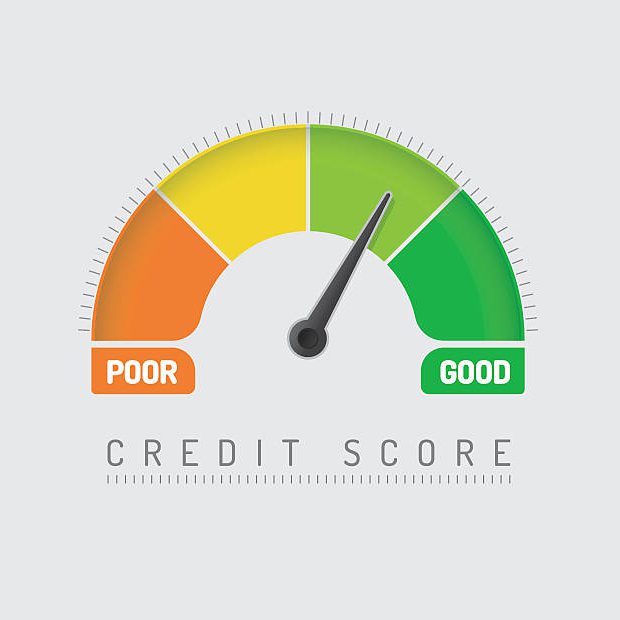
If you have a good FICO credit score (670-739) very good (740-799) or exceptional (800-850) you will qualify for some perks. The higher your score the better.
The average credit score for most Americans is around 717. Your credit score is based on the information in your credit report. Each of the three major credit bureaus (Equifax, Experian and TransUnion) generate a credit report based on how you use your various lines of credit.
There are five factors that make up your FICO score.
- Payment history (35 percent): Payment history is a record of payments on your credit accounts. It includes on-time payments, late payments, defaults (Instances where you failed to pay back a loan or credit card debt) and collections (accounts that have been turned over to a collection agency due to non-payment)
- Amounts owed (30 percent): FICO looks at both the total amount owed across all your accounts and your credit utilization on revolving accounts. Your credit utilization ratio is your current credit balance compared to the amount of credit available to you.
- Length of credit history (15 percent): This is the length of time your credit accounts have been open.
- Credit mix (10 percent): This is the mix of credit types in your account. Creditors like to see that you can manage both revolving credit, like a credit card, and installment loans, like a home or auto loan.
- New credit (10 percent): This shows how often you have applied for new lines of credit. Each time you apply for credit an inquiry is placed, soft inquiries (may happen when a credit card issuer checks your credit without your consent to see if you qualify for certain credit card offers, or an employer might run a soft inquiry as part of your job application process). don’t typically influence your credit score, but hard inquiries (when you apply for a mortgage, loan or credit card) can.
There are steps you can take to improve your credit score, see my article How to Improve Your Credit Score
Here are 4 perks you might receive with a good credit score.
- You will more easily qualify for new credit. Since your credit score is a way for lenders to measure your credit worthiness a higher score signals to lenders that you are more likely to make on time payments. So, whether it’s a home loan, car loan or new credit card application your chances of being approved are better with a higher score. You will also qualify for higher credit limits. For credit cards in particular, having a higher credit limit benefits you in a few ways. You will be able to pay your bills without worrying about reaching your limit and it can also improve your credit score because it helps keep your credit utilization low. Your credit utilization ratio is a measure of how much credit you’ve used versus how much credit you have. A lower credit utilization ratio is better for your credit score.
- Utility companies also look at your credit score and may not require a deposit if you have a higher score. Utility companies often require a security deposit which acts as collateral if a customer does not pay their bill. A higher score demonstrates to the utility companies that you are a responsible payer.
- Insurance companies will often offer a lower rate if your score is good. Most insurance companies run a credit check on their customers, they look at customers who have a low rating as potentially costing the company more money so the better your credit score the better your chances are of receiving a lower rate.
- Employers can request your credit report as part of your job application. (your consent is required). They may see things like late payments and bankruptcies as possible red flags so you might be more likely to get hired with a favorable score.
